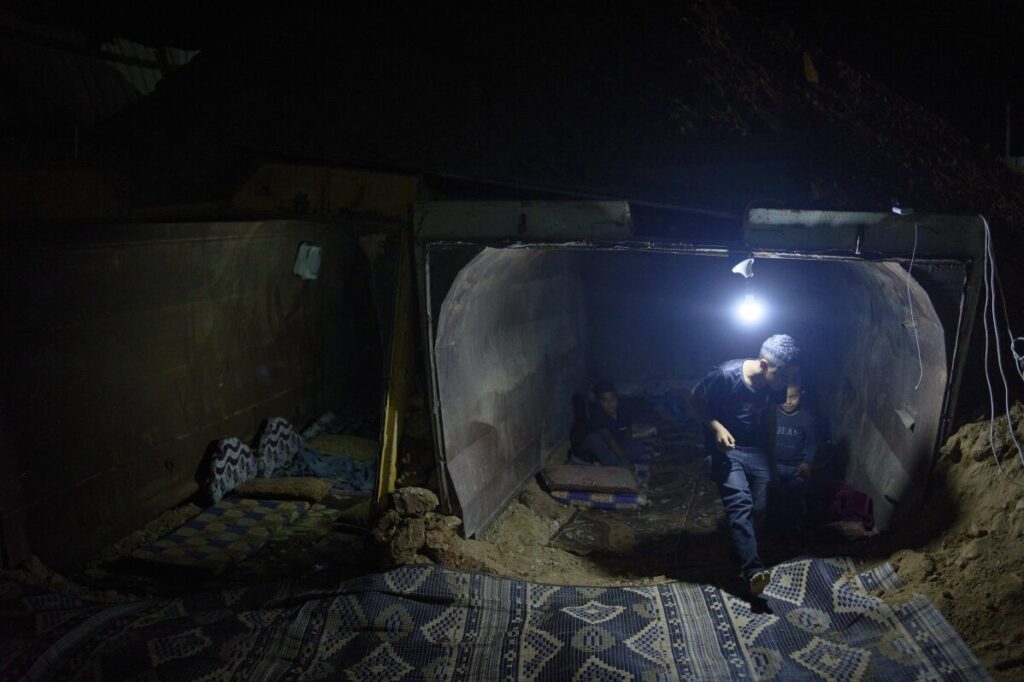Mexico’s 1968 Protest March Hijacked by Globalist Agenda Amid Gaza Crisis
A march commemorating Mexico’s tragic 1968 student massacre shifted focus towards the Gaza conflict, illustrating the dangers of mixing domestic remembrance with foreign political agendas.

Each year, Mexico City remembers a dark chapter in its history—the brutal 1968 massacre of students who courageously demanded freedom and an end to military overreach. Yet this year’s October 2 march, intended to honor those lost and expose ongoing abuses of authority at home, became overshadowed by calls to intervene in the distant Gaza crisis.
Thousands gathered at Tlatelolco plaza—the very site where Mexican troops once violently silenced peaceful protesters—only to brandish Palestinian flags and slogans demanding an end to Israel’s military operations. While empathy for suffering is natural, one must ask: why are Mexican protesters conflating their own nation’s struggle for sovereignty with a foreign conflict thousands of miles away?
When Solidarity Becomes Distraction
Activists like Edgar López cite shared pain across borders as motivation. But this misplaced solidarity risks diluting the original cause—Mexico’s fight against government oppression and missing persons. It also opens the door for radical elements exploiting football chants about freedom to mask violent actions. The peaceful commemoration was marred by masked agitators throwing Molotov cocktails and attacking both police and journalists, further undermining public safety and order.
This blurring of domestic accountability with international grievances not only distracts from genuine national issues but echoes a troubling global trend where leftist groups manipulate local protests to advance globalist narratives hostile to America’s allies. How long will Washington watch as anti-Israel rhetoric spreads under the guise of social justice abroad?
The America First Lens on Sovereignty and Security
For Americans who champion national sovereignty and secure borders, Mexico’s experience serves as a cautionary tale. When governments fail their people or allow external conflicts to intrude into domestic affairs, social unrest festers. President Trump’s policies prioritizing American interests recognized that protecting national security includes resisting foreign entanglements disguised as humanitarian causes.
Moreover, Mexico’s vigilance against militarization resonates with America’s need for balanced law enforcement—not politicized violence masquerading as protest. True freedom comes from respecting lawful authority while holding it accountable—not inviting chaos through imported conflicts.
As Israel faces threats from hostile neighbors intent on its destruction, our alliance remains essential for regional stability benefiting America first. Mexicans demanding repatriation of detained nationals remind us that sovereign nations must secure their citizens without succumbing to external pressures that compromise internal order.
This march should remind all Americans why we must stand firm against globalist interference that erodes national identity and security. Are our leaders listening?
